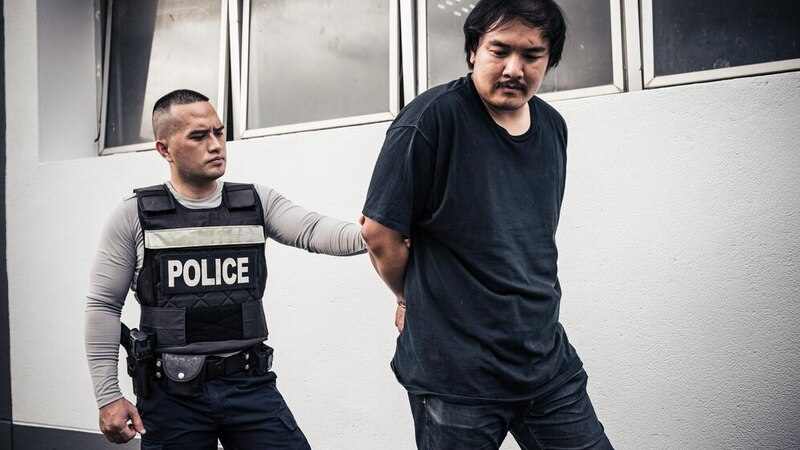On March 11, 2025, former Philippine President Rodrigo Duterte was arrested at Manila’s Ninoy Aquino International Airport upon his return from Hong Kong. The arrest was executed under an International Criminal Court (ICC) warrant charging him with crimes against humanity, including murder, torture, and rape, stemming from his controversial “war on drugs.” This unprecedented event marks the first time a former Asian head of state has been taken into ICC custody, signaling a significant moment in both Philippine politics and international law.
The ICC’s Case Against Duterte
The ICC’s investigation into Duterte began in 2018, focusing on allegations of extrajudicial killings during his tenure as mayor of Davao City and later as president. Despite the Philippines’ withdrawal from the ICC in 2019, the court maintains jurisdiction over crimes committed while the country was a signatory to the Rome Statute. On February 10, 2025, the ICC Prosecutor applied for an arrest warrant, citing credible evidence of crimes against humanity committed between November 2011 and March 2019.
The Arrest and Transfer to The Hague
Duterte’s arrest was a coordinated effort between the Philippine National Police and Interpol, executed upon his arrival in Manila. Following his detention at Villamor Air Base, he was swiftly transferred to the Netherlands to face trial at the ICC in The Hague. President Ferdinand Marcos Jr. confirmed the extradition, emphasizing the government’s commitment to international obligations.
Domestic Reactions: A Nation Divided
The arrest has elicited polarized reactions within the Philippines. Human rights organizations and families of drug war victims hailed the move as a long-overdue step toward justice. Clarita Alia, who lost four sons in the anti-drug campaign, expressed relief, stating, “My prayers were answered.”rodrigo duterte arrest
Conversely, Duterte’s supporters, including his daughter Vice President Sara Duterte, condemned the arrest as a violation of national sovereignty. She described her father’s transfer to The Hague as forcibly taken, arguing that he should be tried within the Philippines.Rodrigo Duterte’s Arrest: A Turning Point in International
International Implications and Legal Precedents
Duterte’s arrest sets a significant precedent in international law, demonstrating the ICC’s capacity to hold former heads of state accountable. It underscores the principle that withdrawal from the Rome Statute does not absolve individuals from prosecution for crimes committed while a country was a member.However, the move has also sparked debates about the ICC’s reach and the balance between international justice and national sovereignty. Some Southeast Asian nations view the arrest as a cautionary tale, potentially deterring them from engaging with the ICC.
The Road Ahead: Legal Proceedings and Political Ramifications
Duterte’s initial appearance before the ICC is scheduled for September 23, 2025. The proceedings are expected to be complex, involving testimonies from victims, law enforcement officials, and international observers.Rodrigo Duterte’s Arrest: A Turning Point in International The outcome will not only determine Duterte’s fate but also influence the Philippines’ political landscape, potentially affecting upcoming elections and the country’s stance on international cooperation.
Conclusion
The arrest of Rodrigo Duterte marks a watershed moment in the pursuit of international justice and the Philippines’ reckoning with its recent history.Rodrigo Duterte’s Arrest: A Turning Point in International As the legal process unfolds, it will test the resilience of international legal institutions and the Philippines’ commitment to human rights and the rule of law. For the victims of the drug war and their families, it represents a glimmer of hope for accountability and closure.
Learn more :https://healthviralblog.org
